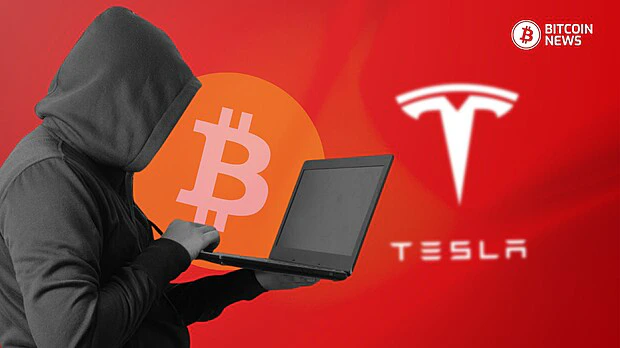A new hustle commonly known as the “Tesla 2x Bitcoin Scam” has made significant headlines, causing financial losses to countless victims worldwide.
The scam exploits the reputation of high-profile companies like Tesla and its CEO, Elon Musk, to lure unsuspecting individuals into parting with their hard-earned money.
The Anatomy of A Tesla 2x Bitcoin Scam
This scam typically begins with a series of online advertisements or social media posts that claim Tesla or Elon Musk is hosting a special bitcoin giveaway. These posts often appear to be official, featuring professional graphics and wording that mimic Tesla’s branding.
The scam promises participants that if they send a certain amount of bitcoin to a specific address, Tesla will “double” their bitcoin in return as part of a promotional event. For instance, if someone sends 0.1 bitcoin, they are promised 0.2 bitcoin back.

To add legitimacy, scammers often incorporate elements that resemble real-time updates, such as a countdown timer indicating the limited time left to participate or a list of recent transactions showing supposed participants who have already received their doubled bitcoin.
These tactics are designed to create a sense of urgency and social proof, encouraging victims to act quickly without fully considering the risks.
Related: Everyone’s a Scammer
The Appeal to Authority
One of the key elements that make Tesla 2x bitcoin scams particularly effective is their appeal to authority. By associating the scam with a globally recognized brand like Tesla and a prominent figure like Elon Musk, scammers tap into the trust and credibility these names carry.
Elon Musk, known for his influence in the tech world and his interest in Bitcoin, is a prime target for such exploitation. The scam leverages his public image, convincing people that such a giveaway could be plausible.
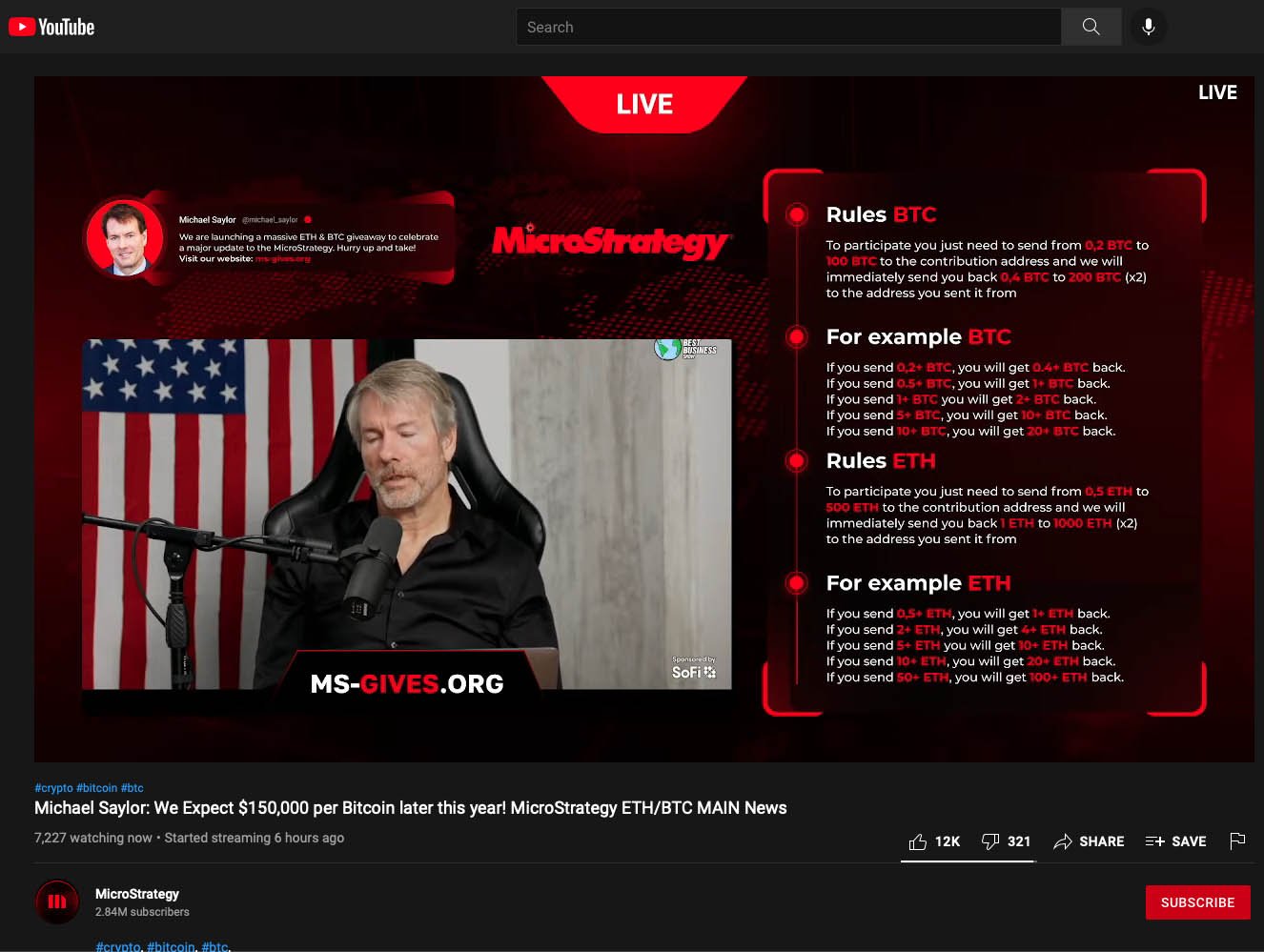
This psychological manipulation is a classic tactic in the world of fraud, where the authority of a well-known entity is used to bypass critical thinking and instill a false sense of security in potential victims.
The logic is simple: if Tesla or Elon Musk is behind it, it must be legitimate. However, this is far from the truth.
The Role of Social Media
Social media platforms play a crucial role in the dissemination of Tesla 2x bitcoin scams. Scammers use these platforms to reach a broad audience quickly and at little to no cost.
They create fake accounts or hack into verified accounts, using them to post links to scam websites. The posts often go viral, aided by bots and paid advertisements, making them appear more legitimate and widespread than they are.
X in particular, has been a hotspot for these scams. Due to its fast-paced nature and the frequent engagement of users with celebrity accounts, it provides the perfect environment for scammers to execute their schemes.
High-profile X hacks, where the accounts of celebrities or companies are compromised to promote Bitcoin scams, have further exacerbated the issue, highlighting the vulnerabilities in social media platforms.
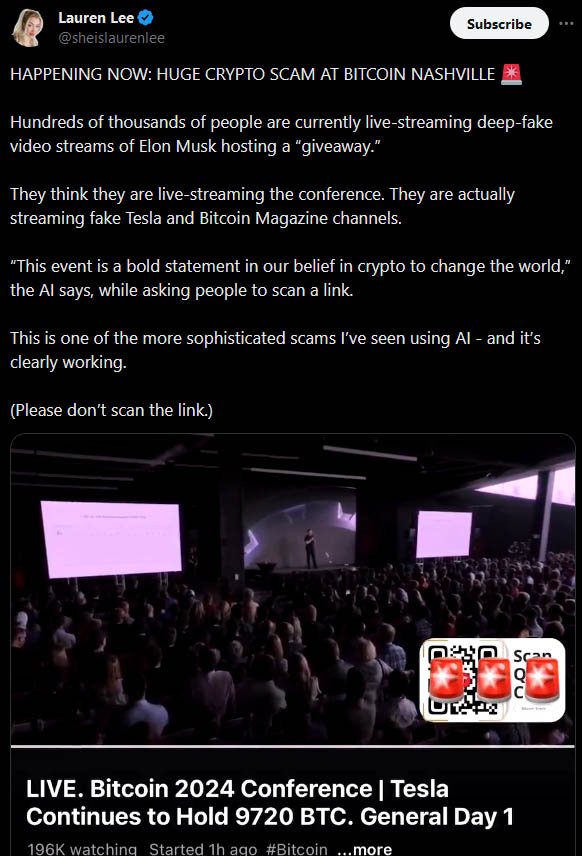
The Impact on Victims
The financial losses incurred by Tesla 2x Bitcoin Scam victims can be devastating. Bitcoin transactions are irreversible, meaning once the funds are sent to the scammer’s address, there is no way to recover them.
This permanence is a double-edged sword; while it provides security for legitimate transactions, it also means that victims of scams are left with no recourse.
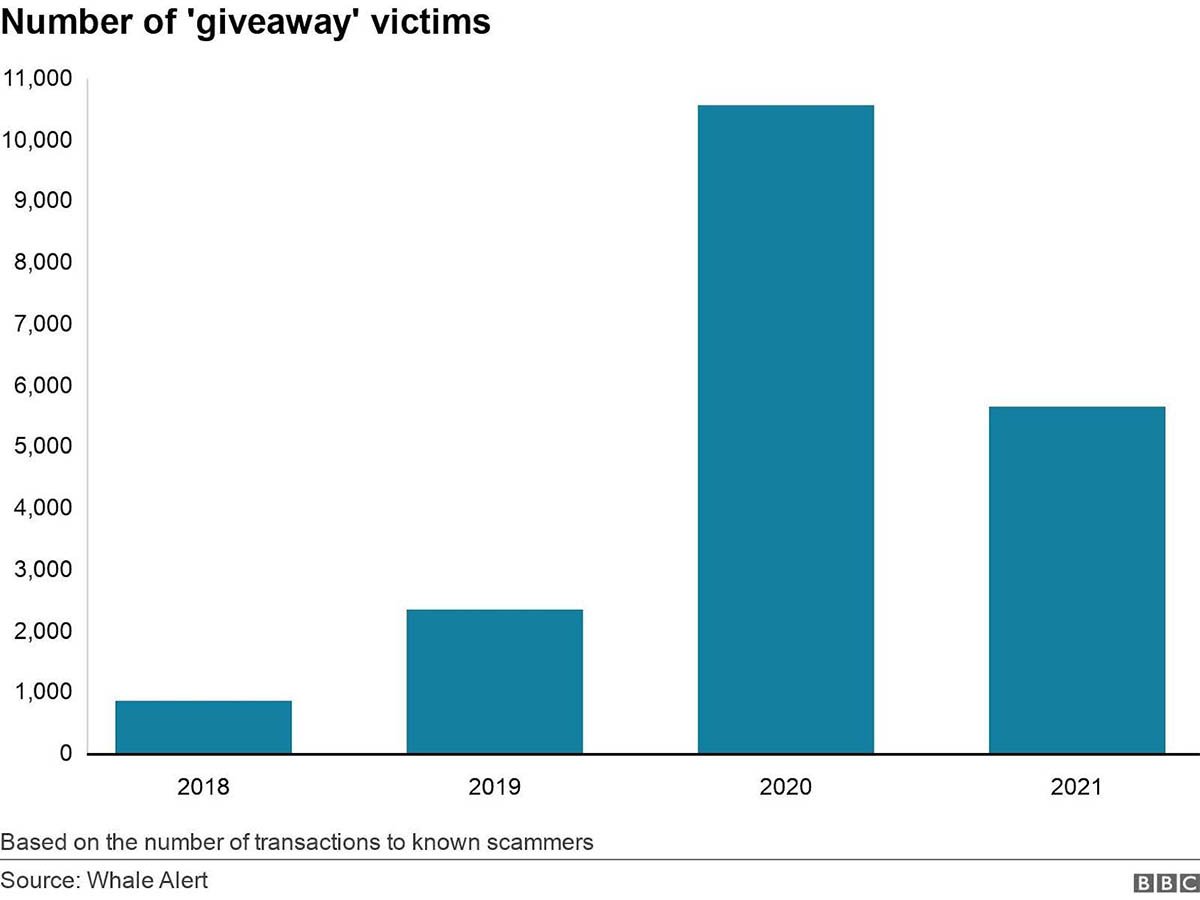
Moreover, the emotional impact of being scammed can be profound. Many victims report feelings of embarrassment, shame, and guilt, which can prevent them from reporting the scam or seeking help.
The sense of betrayal is often heightened because the scam exploits trust in a respected brand and figure. This not only affects the individual’s financial situation but can also lead to a long-term distrust of digital platforms and financial technologies.
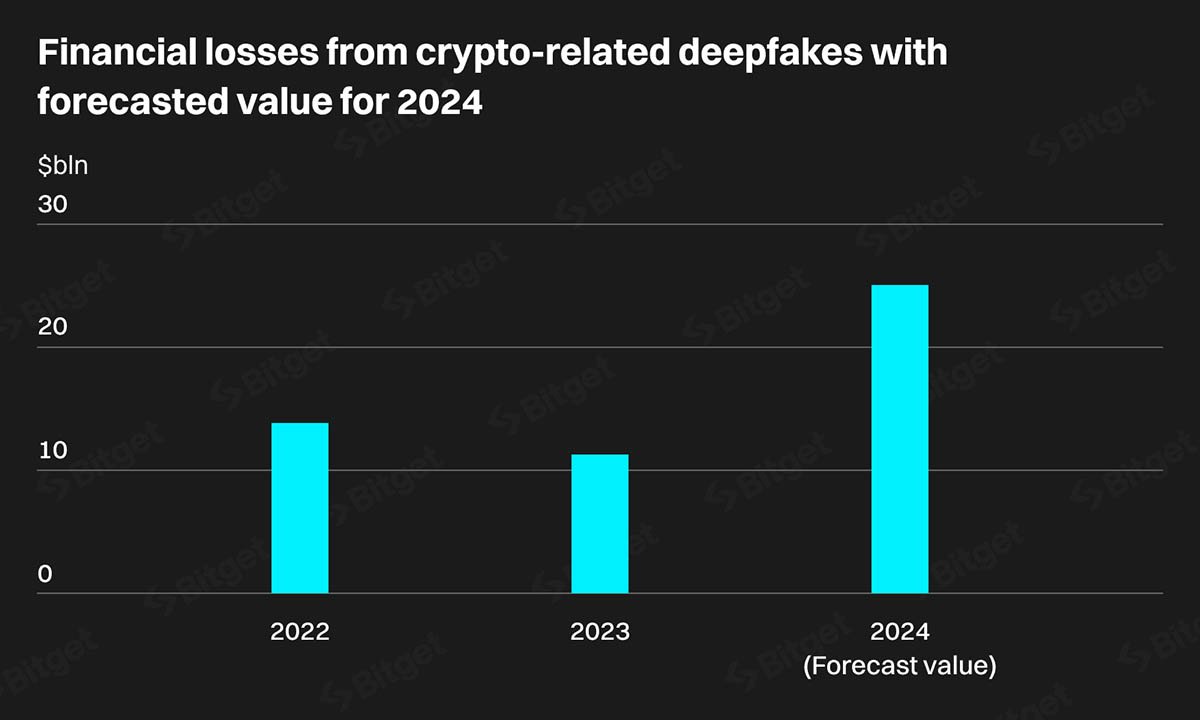
Conclusion
Tesla 2x Bitcoin Scams are stark reminders of the dangers that lurk in the digital financial world. They highlight how easily criminals can exploit trust and underscores the need for vigilance when dealing with online transactions.
While Tesla and Elon Musk continue to warn the public and take steps to combat these scams, the onus ultimately falls on individuals to protect themselves.
By staying informed, skeptical, and cautious, people can avoid falling victim to such schemes and safeguard their financial future in an increasingly digital world.

